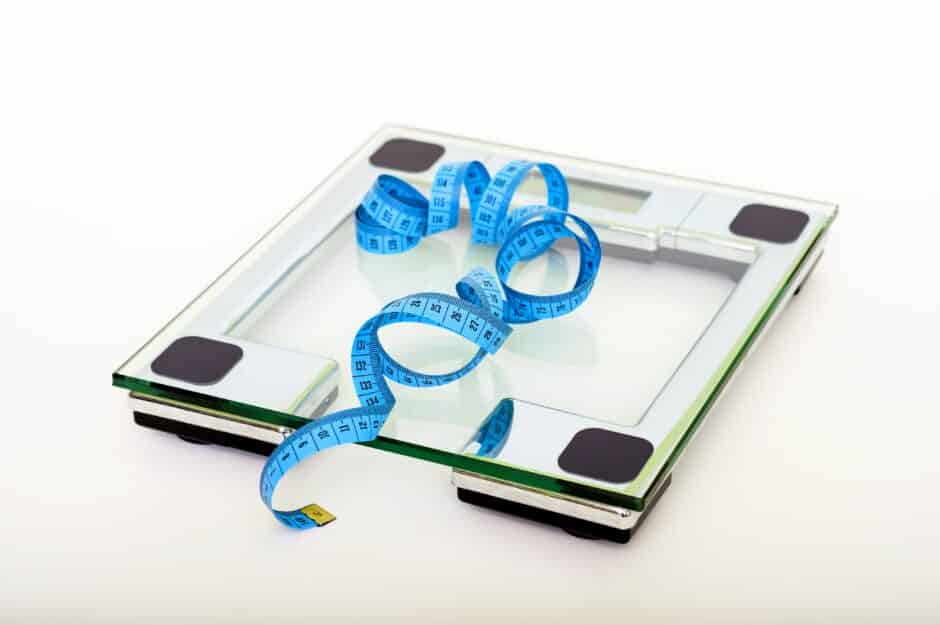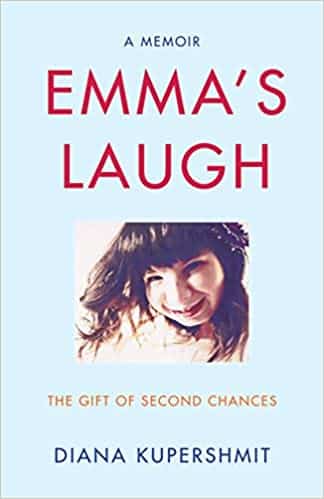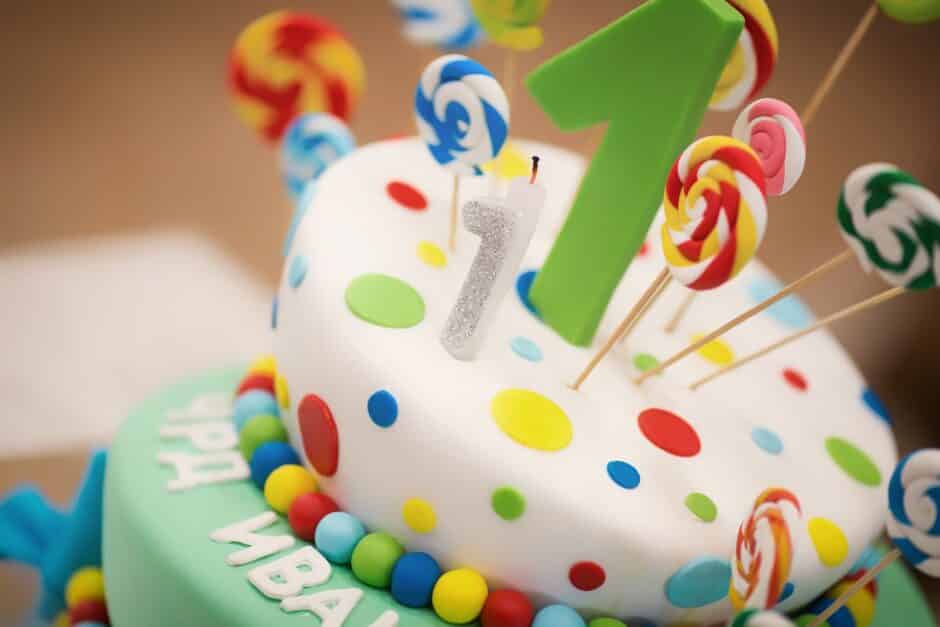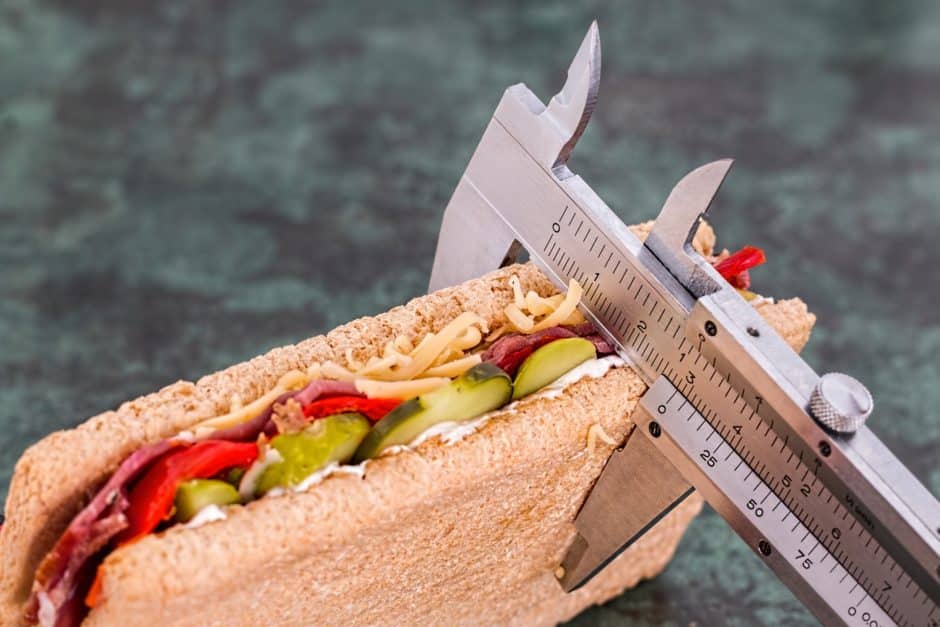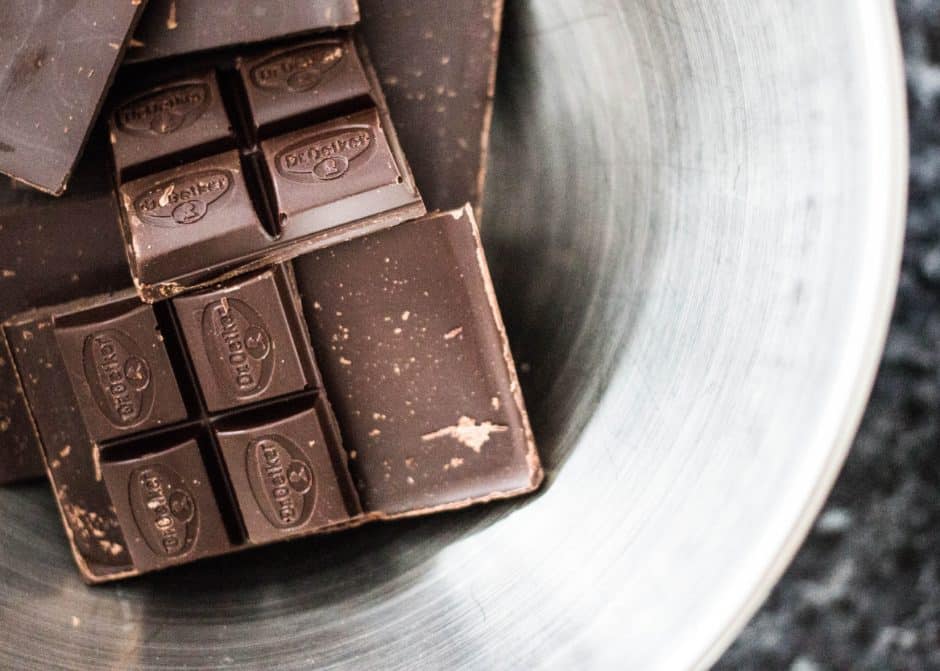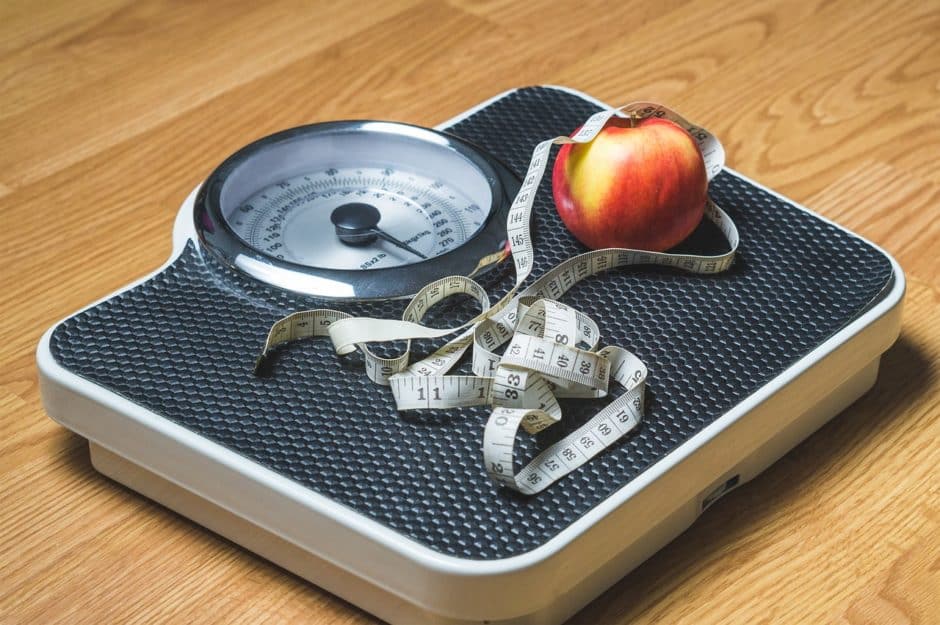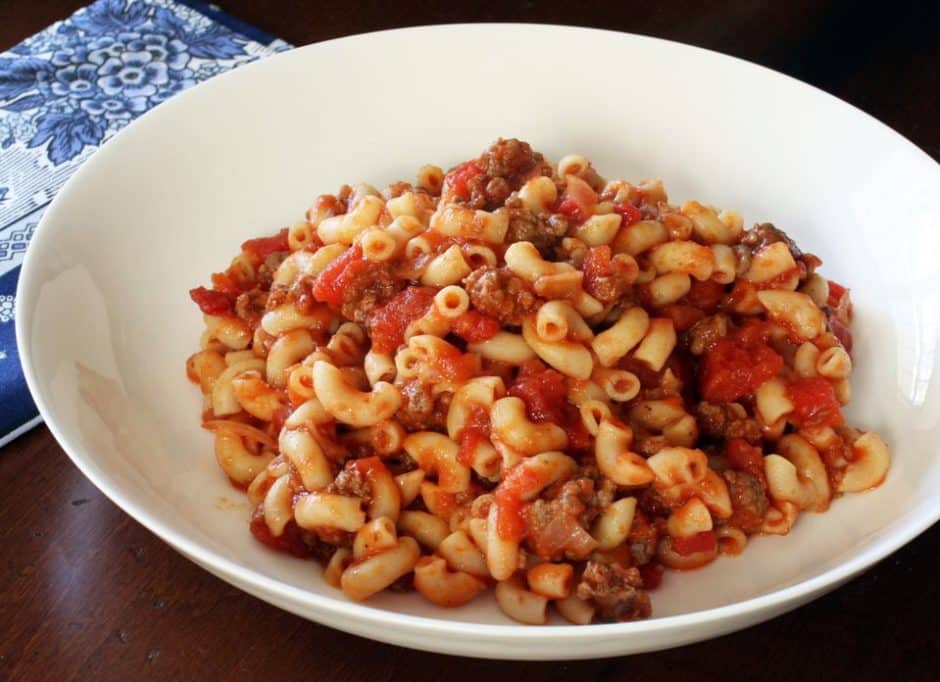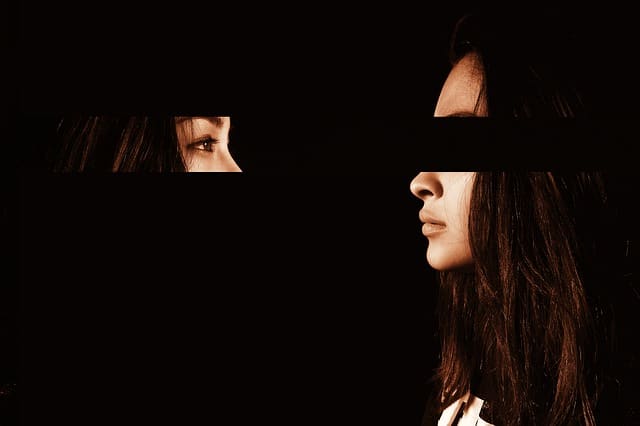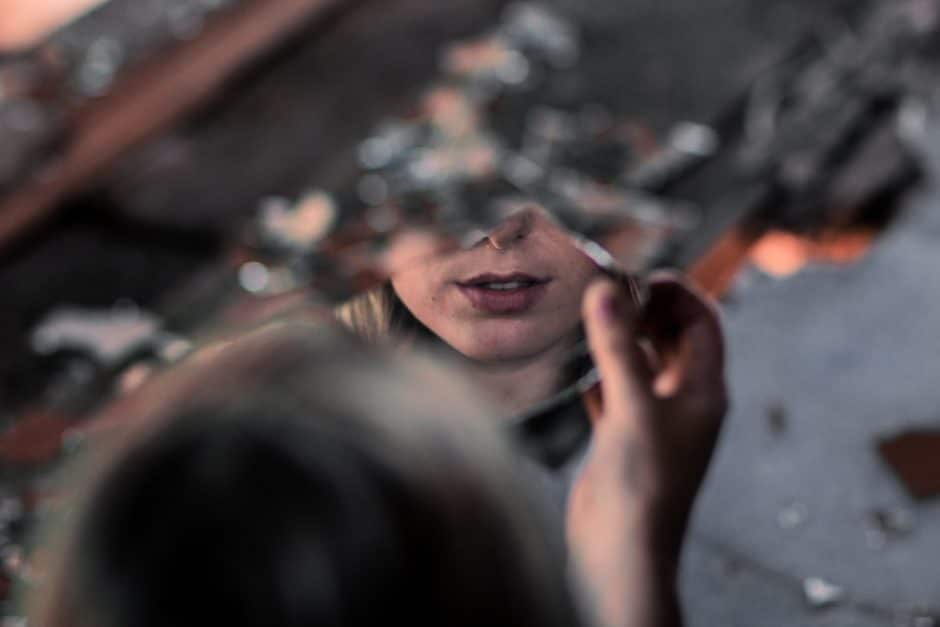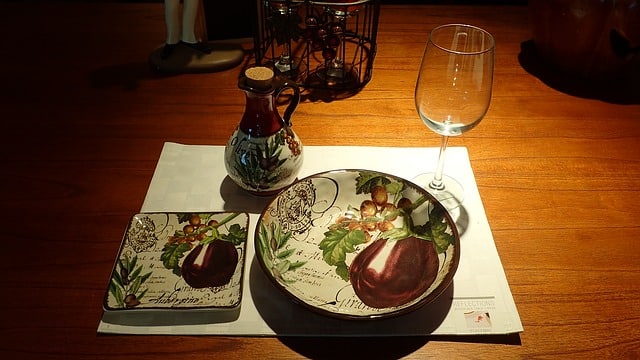by Molly Krause
Maybe it’s just the quarantine fifteen. I wouldn’t know because I haven’t weighed myself to get the actual number. I do know that my clothes are tight and some don’t fit. I know that it was sometime after I started weighing my eighteen year old daughter weekly that I stopped stepping on the scale myself. This was months before we were all gripped by the onslaught of all that the novel virus brought to our lives. I couldn’t have even imagined all that at this time. This was when my anxiety rose like a freight train when my daughter said, “I’m struggling to eat enough.”
I flew into action – appointments with the primary care physician, the therapist, the dietician, and I bought The Scale. I ordered it online with some dread as I’ve never had a scale in my house. Shiny and black with a digital display that revealed the number to a tenth of a pound, it was both inexpensive and highly rated. I hid it in my closet.
I bought it to monitor my daughter’s weight but this is not a story of a young adult controlling her life through restricting.
As a serious student of ballet throughout my teens, I viewed my body as a vessel to create beauty through movement. At a yoga class a few years ago I scoffed internally when the instructor said, “If it’s available, reach for your extended leg.” If it’s available? This was not a cooperative relationship I had with my limbs; I would make it available without question. Naturally lean, I did not grow up worried about my weight because I didn’t have to. I was happy with my size and my size was small. My body performed well for me by executing the physically difficult movements of ballet. I wasn’t conflicted about my body image as mine was easily accommodating with what I wanted from it. I never even had to consider if what I wanted from it was reasonable or even right.
Two pregnancies and changing middle age hormones stretched my comfort with my shape. I resolved to stay under a certain number, I even wrote that number down in my planner. I exercised to burn calories and played around with various diets. I only weighed myself occasionally at the gym and used clothing fit as a measure if I was on target. But it wasn’t until The Scale came in my house did I realize the pull the number had on me – what is the numer? Have I been going “good”? Is this water weight or muscle? So I stopped myself from stepping on The Scale, hidden in the closet, every day as a friend of mine told me she did to control her weight. When my daughter entered an intensive outpatient program for eating disorders I gave myself permission not to ever get on that scale again.
But I’ve wanted to and what I’m not sure about is why. To feel better about myself or worse?
When I told a friend that I had gained some weight during quarantine she said, “Really? You look the same to me.” I responded, “I can tell I have but I haven’t stepped on a scale because I don’t hate myself.” We snickered and quickly moved on but my comment stuck with me. Wouldn’t it be better to like myself no matter what the number is?
I get out The Scale once a week for my daughter. Covid has eliminated in person meetings with most therapeutic professionals, dietitians included. My daughter does not resist The Scale and doesn’t seem fazed by the number it reveals. I still haven’t gotten on it for almost a year at this point. I’m trying out the idea that it’s ok for my body to take up as much space as it wants – whether that’s active on my paddleboard or lazily watching my new favorite station, Acorn TV. The Corora virus has taken away many things from me – from us all – but perhaps it has given me the time to view my shape as something other than a way to project smallness or beauty. Maybe this same body that I happily allowed to grow large to carry two lives will be the vessel to grow new chapters and lives so far not lived, of an unknown and exciting future, of a time that is not bound or defined by a number.
Molly Krause is the author of the memoir ‘Float On’, the novel ‘Joy Again’ and the cookbook ‘The Cook’s Book of Intense Flavors’. Her writing has appeared in numerous locations, including Brain Child, Ragazine and Front Page Review. She lives in Santa Fe, New Mexico with her husband, her grown daughters and a pack of dogs and loves to hike, snowshoe and paddle board.
~~~~~~~~~~~~~~~~~~~~~~~~~~~
Stories of parent/child relationships can be complex, and Emma’s Laugh, The Gift of Second Chances, is no exception. Convinced of her inability to love her “imperfect” child and give her the best care and life she deserved, Diana gave Emma up for adoption. But as with all things that are meant to be, Emma found her way back home. As Emma grew, Diana watched her live life determinedly and unapologetically, radiating love always. Emma evolved from a survivor to a warrior, and the little girl that Diana didn’t think she could love enough rearranged her heart. In her short eighteen years of life, Emma gifted her family the indelible lesson of the healing and redemptive power of love.
Read Diana’s ManifestStation essay here
Order the book from Amazon or Bookshop.org
~~~~~~~~~~~~~~~~~~~~~~~~~~~
Anti-racist resources, because silence is not an option
~~~~~~~~~~~~~~~~~~~~~~~~~~~

